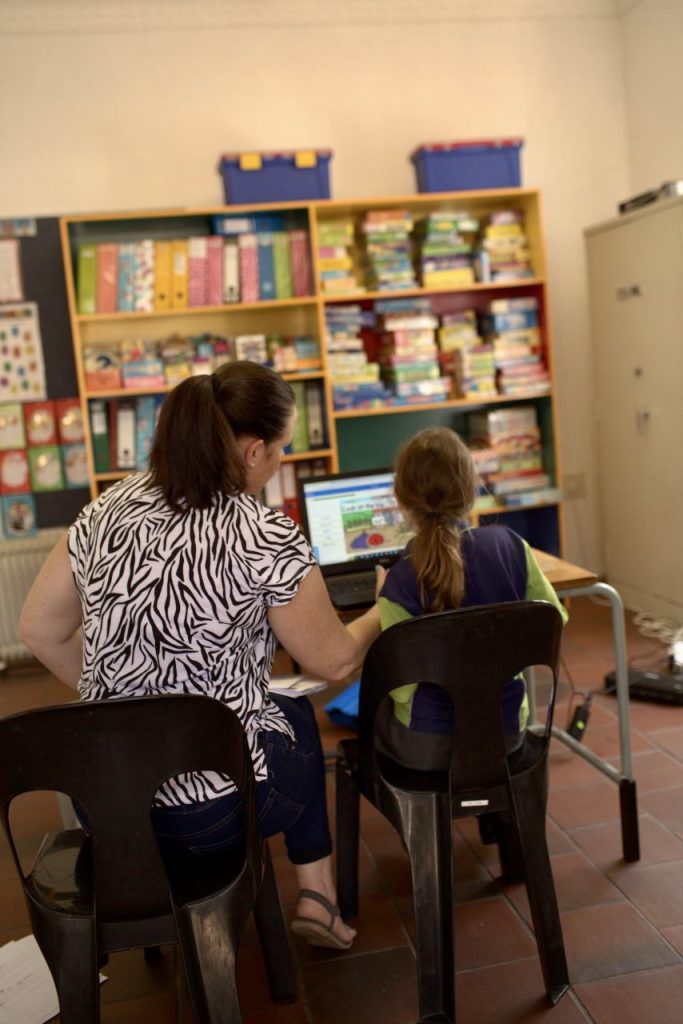Getting an official diagnosis can be your first step toward supporting your child’s development and well-being. Here are just a few of the benefits that come with having a documented need:
Access to Therapies:
Oftentimes insurance will not cover therapy if the child does not have a diagnosis that warrants it. With an official diagnosis, you may be able to receive financial help or insurance coverage for services.
Access to
Accommodations:
When a child is diagnosed with a learning disability, autism, or another condition, they can receive access to accommodations tailored to their specific needs. They may have preferential seating, more time to take tests, built in breaks, or more structured notes or instruction. These resources are often not available unless they have a documented need for them.
Improved Understanding:
Realizing that your child does have special needs can help you as a parent to improve your relationship with them. You can learn more effective ways of interacting, supporting their development, communicating, and building connections. Their communication, behaviour, challenges, and strengths can become less of a mystery because you have a better idea of what is behind them.
Improved Support:
Once you understand the challenges that your child is facing, you can be more proactive in getting them the support and services they need to be successful.
- SARS Tax
benefits:
If your child has a disability that has been confirmed by a registered medical practitioner by way of an ITR-DD form, you can claim 33,3% of the qualifying out-of-pocket medical expenses (which includes disability related expenses), paid by you (and not recoverable) during the relevant year of assessment. In terms of the law, SARS must prescribe a list of physical impairment or disability expenses which, in addition to other qualifying medical expenses, may be claimed in consequence of any physical disability suffered by your child.
By Charleen Crous and Sonelle Gerneke
A parents perspective
We were not looking for a diagnosis, just some guidance. We had no idea there was a diagnosis-there was nothing glaringly wrong. But one small word, after some tears and sadness, unlocked a pathway to understanding and getting to know my son. I saw that my well-intended brand of discipline, nutrition, socialization and even holiday plans were all putting up barriers that caused more harm than good. Obstacles, not enrichment for our family. Once I understood my child’s neurological differences, I saw an entirely different little human, admirably tackling a neurotypical world, not a child needing to yield to my understanding of what should be. His diagnosis made all the difference.
Dana Altini
(Mother and Clinician)

- When to Push My Child and When to Step Back - March 18, 2024
- Benefits of Including STEM into the Classroom - March 5, 2024
- The Role of Parents in the Education of Special Needs Children and Fostering a Collaborative Approach - February 21, 2024




